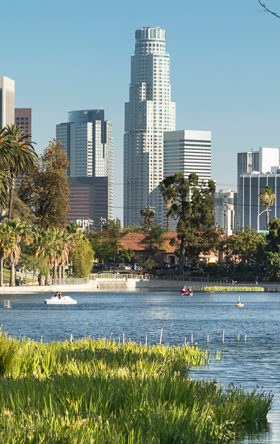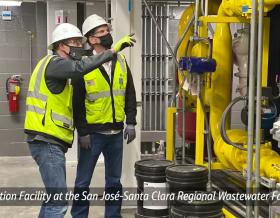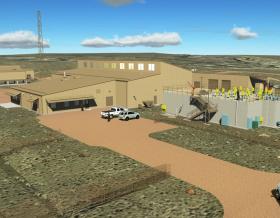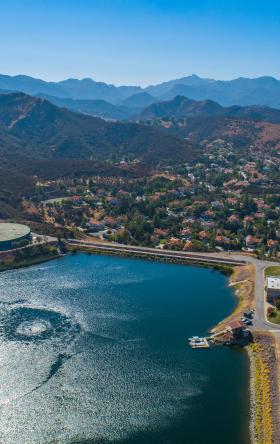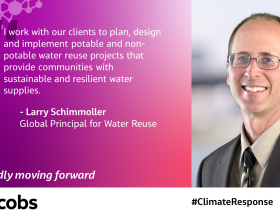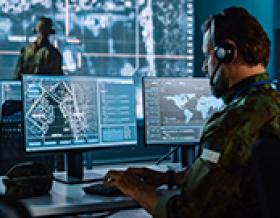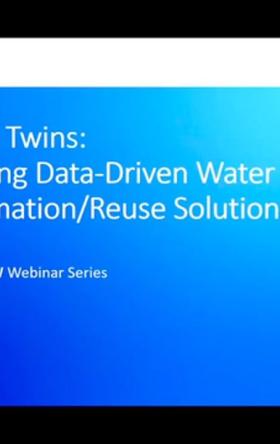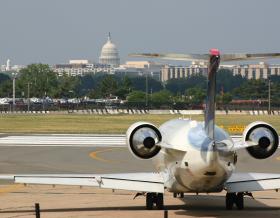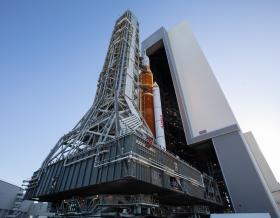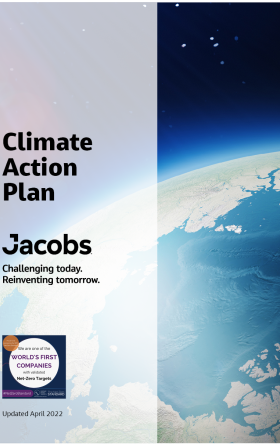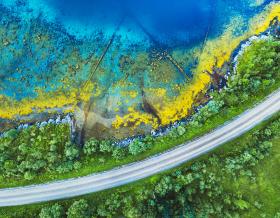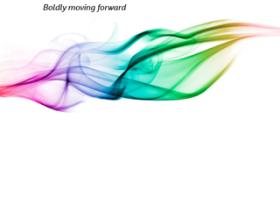
From launch to flight to splashdown, we redefine what’s possible at Jacobs — and our new generation space leaders are working on some pretty cool things, like aiding the successful Artemis I mission, helping prepare for Artemis II and verifying vehicular approaches and departures from the International Space Station.
Get to know Isabelle Sadowski, Ian Trusedell, Stacy Cirasunda, Joseph Pavicic and John Rangel and learn what it’s like to work in the space industry.
Isabelle Sadowski – Damage Tolerance Engineer
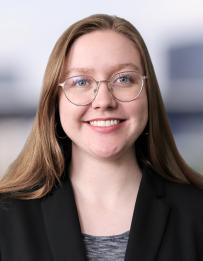
Can you tell us a bit about your role and what you’re most passionate about?
I am a damage tolerance engineer in the materials and processes group at NASA. Damage tolerance really focuses on risks associated with crack growth — looking at visible cracks and then determining the risk of cracks that are not visible in materials.
As far as what I'm most passionate about, I really was interested in materials engineering during my undergraduate degree. I majored in mechanical engineering, but I did really enjoy my materials classes. In my current role, I get to do a lot of testing and I’m also learning how to analyze materials data.
What inspired you to pursue a career in space?
I was born and raised in Huntsville, Alabama, so space was really emphasized in school and with my family.
Tell us what you’re working on these days.
All my current projects are for the Artemis Space Launch System. I also have been working with a more senior engineer putting together a test plan for fracture characterization for the exploration upper stage and also have been working on a beta technology for non-destructive evaluation, for assessing visible cracks and inspecting flight panels.
Why do you personally feel that space exploration is so important?
I think it’s human nature to want to explore and learn more and be curious, but it’s also important for us to understand our universe.
People would be surprised to know I…
Am a powerlifter and I’ve participated in a few competitions.
What advice do you have for recent graduates pursuing space careers?
When I was nearing graduation and looking for jobs, I was worried about not having a specific niche or specialty. I would tell new graduates not to worry about that and just focus on learning a little bit about everything. You can find your specialty and your niche as you go. I didn't know what damage tolerance was when I was in school. I'd never heard of non-destructive evaluation. I just knew I really enjoyed my materials classes and naturally gravitated toward that. The opportunities for a career in space are much broader than you probably realize.
What do you enjoy most about being part of #OurJacobs?
I've always been very safety conscious, and I appreciate how committed Jacobs is to safety. I think the way it’s embedded in our culture is unique. The company really shows that it cares about its employees as people with our BeyondZero culture, all the safety measures and focus on mental health.
Ian Trusedell - Systems Engineer
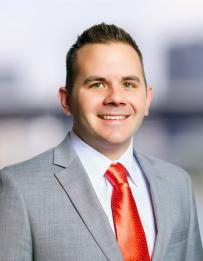
Can you tell us a bit about your role and what you’re most passionate about?
I currently support the MDA as a systems engineer for Jacobs. I am passionate about exploring new technologies and collaborating with fellow engineers!
What inspired you to pursue a career in space?
When I was young, my parents would take me to see launches out of Cape Canaveral and I would watch different TV shows and movies on space exploration. I joined the Air Force after high school and started to understand how vast the career options are within the space industry. I am very excited to be a part of the space sensors organization within the MDA.
Tell us what you’re working on these days?
I am supporting the buildout and integration of a space sensor for missile threats.
Why do you personally believe space exploration or knowledge of space is so important?
I believe it’s important because of the infinite possible use cases for study, applications for space physics and materials, and qualifications for human advancement. Space exploration really is the final frontier.
What is one thing you hope to personally experience or accomplish in your career as it relates to space?
I hope to continue to support space payload launches and the rigorous engineering required.
People would be surprised to know I…
I have a twin sister.
What advice do you have for recent graduates pursuing space careers?
I recommend becoming as diverse as possible. I have found that specializing in one specific area or discipline ultimately limits the chance for more rewarding opportunities. Learn as much as possible and figure out how to translate your knowledge to other areas within the space industry; find those connections and correlations to better understand the big picture.
What do you enjoy most about being part of #OurJacobs?
Jacobs is a company that looks out for its people and makes sure to keep the important things in focus.
Stacy Cirasunda – Team/Taskforce Liaison
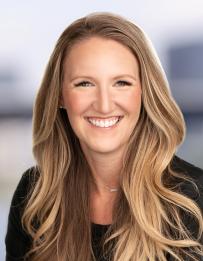
Can you tell us a bit about your role and what are you most passionate about?
I currently function as a Jacobs liaison to a MDA delivery team/taskforce. I’m passionate about enhancing and streaming programmatic communication and solving multi-faceted engineering challenges.
What inspired you to pursue a career in space?
I’ve always found the most enjoyment working with companies and teams that are on the forefront of discovering, creating and testing new technologies. Once I joined Jacobs on the contract for MDA, space was the clear fit because it is exciting, and I want to contribute to national defense in a meaningful way.
Tell us what you’re working on these days
I am currently supporting an upcoming satellite launch with next-generation ground operations.
Why do you personally believe space exploration or knowledge of space is so important?
I believe space exploration and knowledge are so important because of the advancements in technology that it has, like technologies developed here on earth such as large scale 3-D printing for space operations.
What is one thing you hope to personally experience or accomplish in your career as it relates to space?
A space launch! Who wouldn’t want to experience that? Support a flight test.
People would be surprised to know I…
Am from Idaho.
What advice do you have for recent graduates pursuing space careers?
Chase the things that intrigue and excite you. Surround yourself with people that are willing to teach and mentor you. Your career doesn’t have to be a straight line; you’ll probably surprise yourself along the way.
What do you enjoy most about being part of #OurJacobs?
The people. Jacobs does an incredible job of hiring smart and kind people. I’ve never worked for a company in which I have been so supported since day one in my day-to-day, continued learning, career growth and work-life balance.
Joseph Pavicic – Propulsion and Engine Avionics Manager
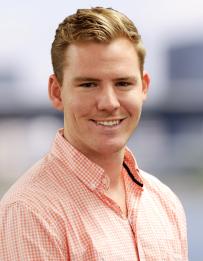
Can you tell us a bit about your role and what are you most passionate about?
Right now, I wear a few hats. I am the propulsion and engine avionics manager on the Test and Operations Support Contract and I lead a team of 25 engineers for all the processing, operations and troubleshooting for the propulsion systems and engines Space Launch System (SLS) core and upper stage. We are responsible for all these operations from the time the vehicle gets here until the vehicle clears the tower. While there is no vehicle we are prepping work documents, software and ground support equipment for the next mission.
I also serve as one of the launch system specialists for the cryogenic propulsion launch team. In this role we work with the launch director to ensure a safe vehicle to launch and a well-trained team. We give a “Go” for launch countdown and will lead any troubleshooting.
I am passionate about launching Artemis. Being in the firing room on launch day and commanding a vehicle that is sending astronauts to the moon is incredible. I love the mission and the people involved.
What inspired you to pursue a career in space?
I’m passionate about inspiring others and mentoring. Taking a role in space inspires others to pursue STEAM-related fields, especially those from backgrounds where they never thought it to be possible.
Tell us what you’re working on these days.
Preparing for Artemis II has been busy. The team has been working on making things more efficient and automating where possible in order to make things as safe as possible. In addition, I have to double my launch team which means a lot of training. I think the most fun I am having is working to develop what our tanking test would look like for Artemis II and developing the objectives to test SLS as much as possible. With Artemis II being manned we are trying to do whatever we can for the astronauts and their families to feel as comfortable as possible when thinking of the work that has gone into prepping for launch.
Tell us about an exciting project you have worked on that helps advance space exploration.
Launching Artemis I! I had the opportunity to lead the team to figure out how to safely load SLS. The team had to figure out how to overcome several obstacles to successfully load given the constraints we had in place (commodity and time). For the first launch attempt I had to unfortunately tell the launch director we were “No Go” for launch that day due to us failing our engine bleed requirements. It was the safe thing to do but it was heartbreaking. I never wanted to say “No Go” so the team worked hard and found the right path forward that worked!
Why do you personally believe space exploration is so important?
We need space to unify our country behind something that advances humanity. What we can accomplish in space bridges many gaps and we should use it to further inspire generations and to help each other find a greater purpose.
What is why thing you hope to personally experience or accomplish in your career as it relates to space exploration?
I want to still be in the firing room when we launch Artemis III, which will send the first woman and first person of color to step foot on the moon.
People would be surprised to know I…
I already covered that I was the first subsystem person in Artemis history to tell the launch director “No Go” which disappointed millions – but it is a good one.
I think a more positive one is the amount of time I spend volunteering and how important that is to me. I typically work large amount of overtime; I am studying for my master’s degree and have two kids under two years old, but I still dedicate five to 10 hours a week to volunteer. I mentor a group of younger college and high school STEAM majors, I advise a campus organization and I coach youth baseball.
What advice do you have for recent graduates pursuing space careers?
Run to the fire! The best way to learn in your career and advance it is to run to a problem even if it isn’t in your statement of work to figure out. When we had the hydrogen issues, we had to rewrite a ton of ground software. Due to various reasons all the people who ended up doing the programming were non-hydrogen engineers who just wanted to help - You never know where your skills are needed!
What do you enjoy most about being part of #OurJacobs?
The people. Everyone here wants to help their teammates, whether it be professionally or personally. The demands of the job are high but everyone just does what it takes to get the job done.
John Rangel – Rendezvous and Proximity Operations and Capture Engineer
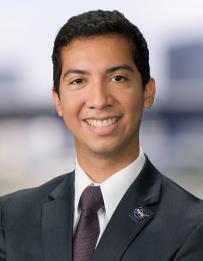
Can you tell us a bit about your role and what you’re most passionate about?
I’m a rendezvous and proximity operations and capture (RPOC) engineer for the International Space Station (ISS). The ISS is a very busy place these days and sees a lot of traffic as cargo, science and crew arrive and depart. I’m on a team that verifies these vehicles approach and depart the ISS in a safe manner. It’s a lot of computer programming data visualization.
I am very passionate about human spaceflight and peaceful exploration!
What inspired you to pursue a career in space?
I fell into my career in spaceflight in a slightly round-about way. I started university unsure of whether I wanted to be a lawyer or an engineer, so I looked up the college majors that performed best on the LSAT and chose the one that sounded most interesting to me – aerospace engineering. I was pretty ambivalent about aerospace until my intro to aero engineering course took a field trip to Ellington Field in Houston, Texas. Ellington hosts the T-38 aircraft astronauts use for training and the class had some free time to walk around the hanger where they’re stored. I was completely blown away at how beautifully engineered those aircraft were. I specifically remember just staring at the wing of one T-38 and just being floored at how something so small and thin could produce such fantastic behavior in flight. From there I was hooked — and it’s been a fantastic career path so far.
Tell us what you’re working on these days.
I’m working on the inaugural crewed flight of Boeing’s CST-100 Starliner spacecraft. After the space shuttle retired, NASA teamed up with SpaceX and Boeing to develop next generation spacecraft to take U.S. astronauts to and from the ISS. Boeing is in the final stages of certifying their crewed vehicle — the CST-100 Starliner — for ISS operations. My team has been analyzing Starliner’s RPOC performance to make sure it meets or exceeds NASA’s human spaceflight requirements.
Tell us about an exciting project you have worked on that helps advance space exploration.
Before my current role I was attached to the NASA Integration, Verification and Validation (IVV) team that supported SpaceX Dragon-2 Entry, Descent and Landing (EDL) work, specifically the Dragon-2 parachute system. Dragon-2’s final EDL sequence involves descent under six parachutes – two smaller chutes called ‘drogues that stabilize the vehicle and slow it down, and four large main parachutes that bring down the capsule’s speed enough to safely splash down in the ocean. It was my first role after college graduation, and the SpaceX and NASA teams were about to start a very busy, very ambitious parachute drop test campaign. Looking back now I’m extremely grateful I had the chance to work with such a group of motivated, capable engineers. It was a very busy time, and I’m very proud of the work we did to bring crewed launch capability back to U.S. soil.
Why do you personally believe space exploration is so important?
There’s a lot of reasons I find space exploration important — it’s hard to choose just one! Space exploration’s immediate importance in my opinion lies with just how important it is — and will be — as a tool for climate conservation.
Climate change is an immediate issue that requires global scientific observations. We can’t effectively respond to climate change without reliable, accurate measurements of things like carbon and methane emissions, arctic ice changes, farmland and forest health, etc. The only way to effectively track these global fingerprints is through space-based assets. The efforts we make to foster cheap and safe space exploration directly contribute towards enabling the technologies that are so needed for climate conservation.
Space-based images of the Earth or the cosmos really highlight the saying “a picture speaks a thousand words.” People can argue all day about seemingly distant, abstract concepts like average temperature increases or ocean level rises, but no conversation can really convey what a before-and-after image of a continent’s farmland changing color from green to brown, or a river’s or lake’s disappearing banks, shows.
What is one thing you hope to personally experience or accomplish in your career as it relates to space exploration?
I really want to experience a rocket launch in-person. It’s a pretty simple thing that anyone can do, but I’ve just never made the time to drive out to Florida or California to watch one. I definitely need to make the time!
People would be surprised to know I…
Volunteer as a Guardian Ad Litem in the Harris County foster care system. I’m court-appointed by a Harris County judge to monitor one or several foster care cases and testify on behalf of the children’s best interests at court hearings and trials. It’s very difficult, very rewarding work that really enriches my life outside of my professional career.
What advice do you have for recent graduates pursuing space careers?
Don’t be afraid to advocate for your own career advancement! All through high school and college most people will have someone advocating for their educational advancement — parents, teachers, school counselors, etc. But once you enter the workforce you lose this external driver. You really have to take ownership of your own career and realize you are responsible for your own advancement.
What do you enjoy most about being part of #OurJacobs?
I most enjoy the trust and flexibility that’s a part of the Jacobs culture where I work. My volunteer role as a Guardian Ad Litem sometimes requires a lot of hours during the working week. My management knows how important that part of my life is and has gone above and beyond to accommodate my schedule at those times. I’m incredibly grateful that they trust I can balance my professional obligations with this volunteer role, and I do everything I can to make sure their trust is not ill-placed.
You might be interested in...
Join #OurJacobs team
What drives you drives us as we work to build a better world – together. At Jacobs, every day is an opportunity to make the world better, more connected, more sustainable. We’re always looking for dynamic and engaged people to join our team. Bring your passion, your ingenuity and your vision.

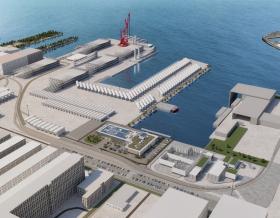

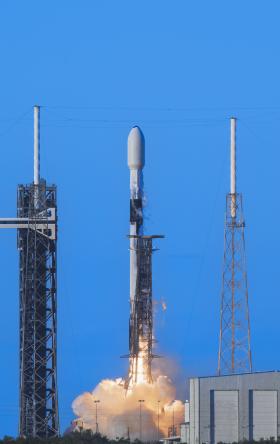
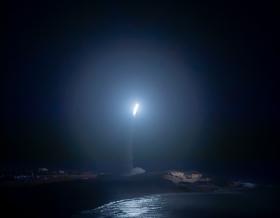
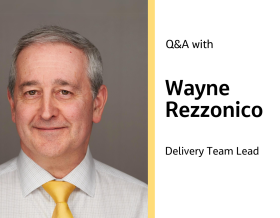


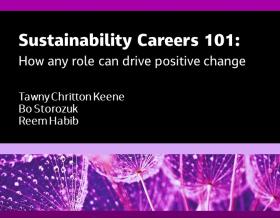
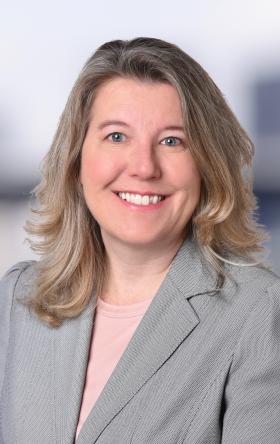
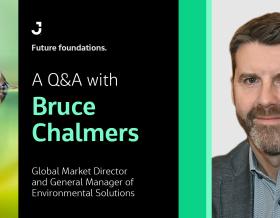
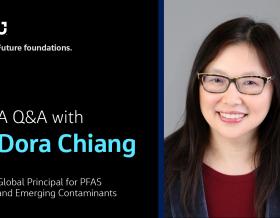
2c4e.jpg?h=c7c14dee&itok=FmPI2126)
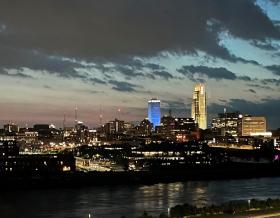

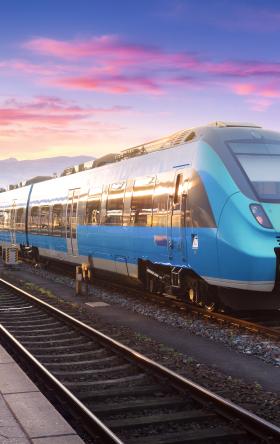
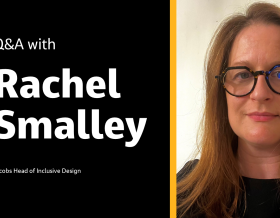
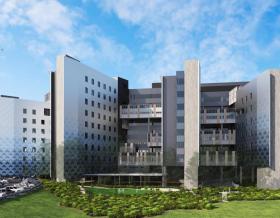
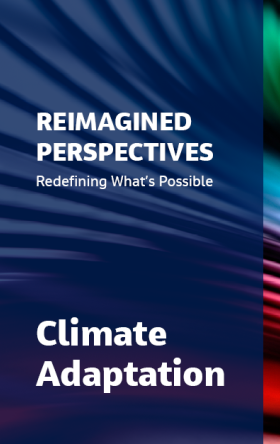
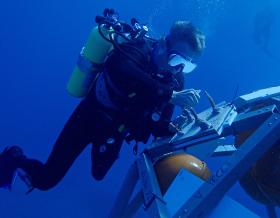
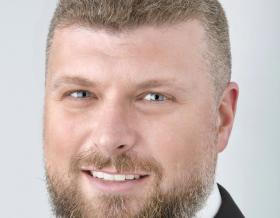

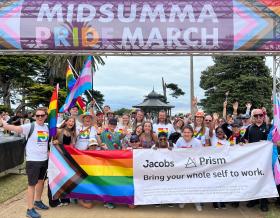
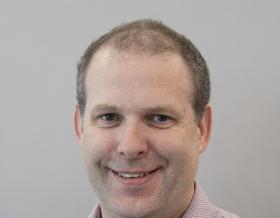
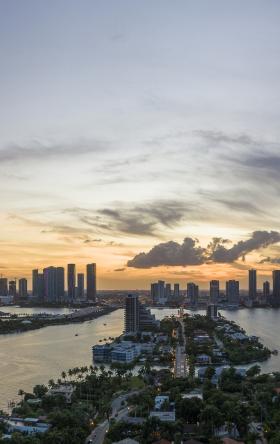


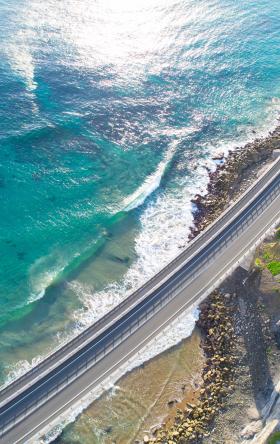

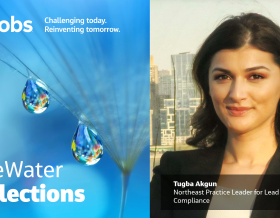
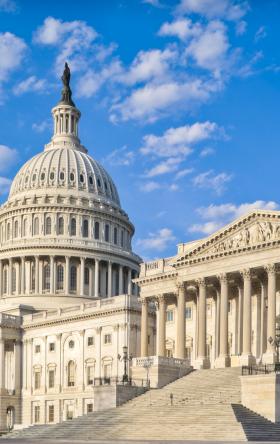
_0ac2b.jpg?h=8a6d63f3&itok=5vsqFiQH)

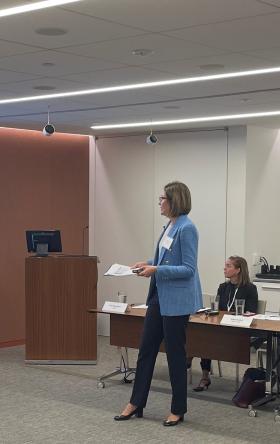

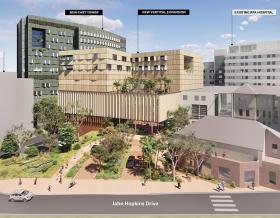


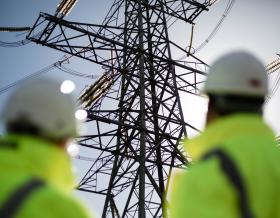
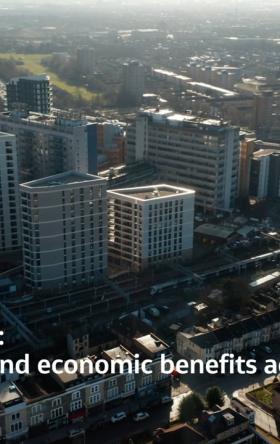

2747.png?h=1314d3d4&itok=rFs9mG95)
